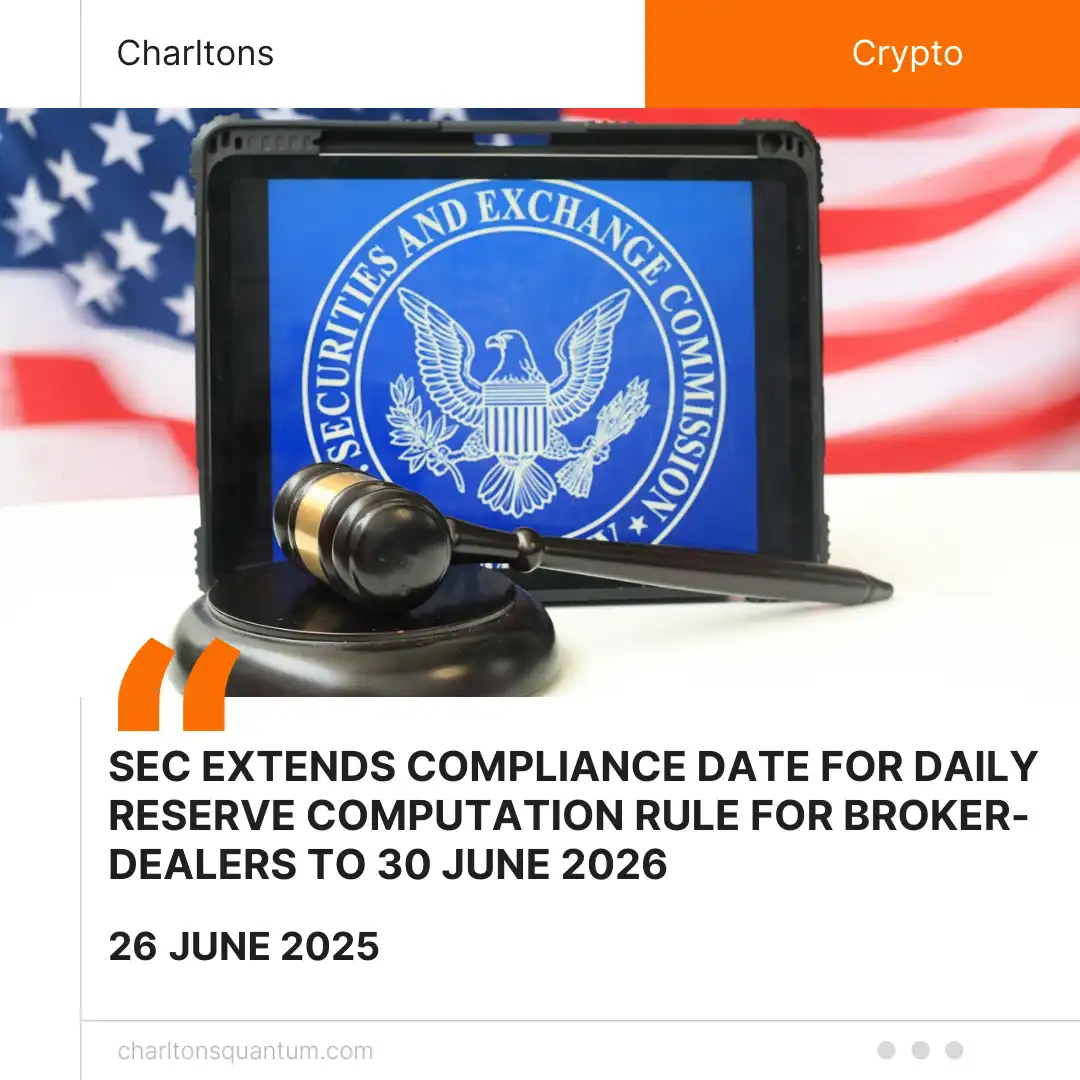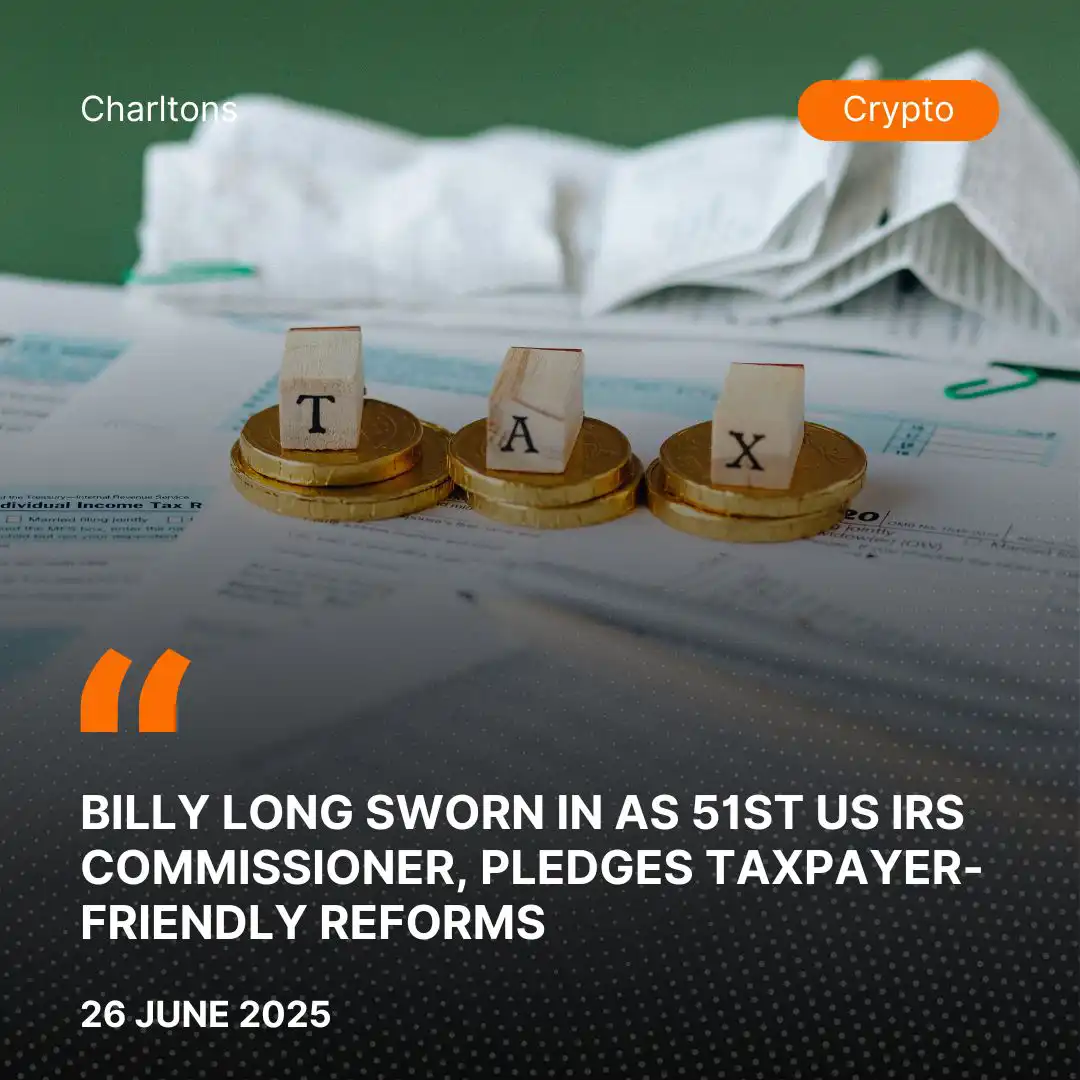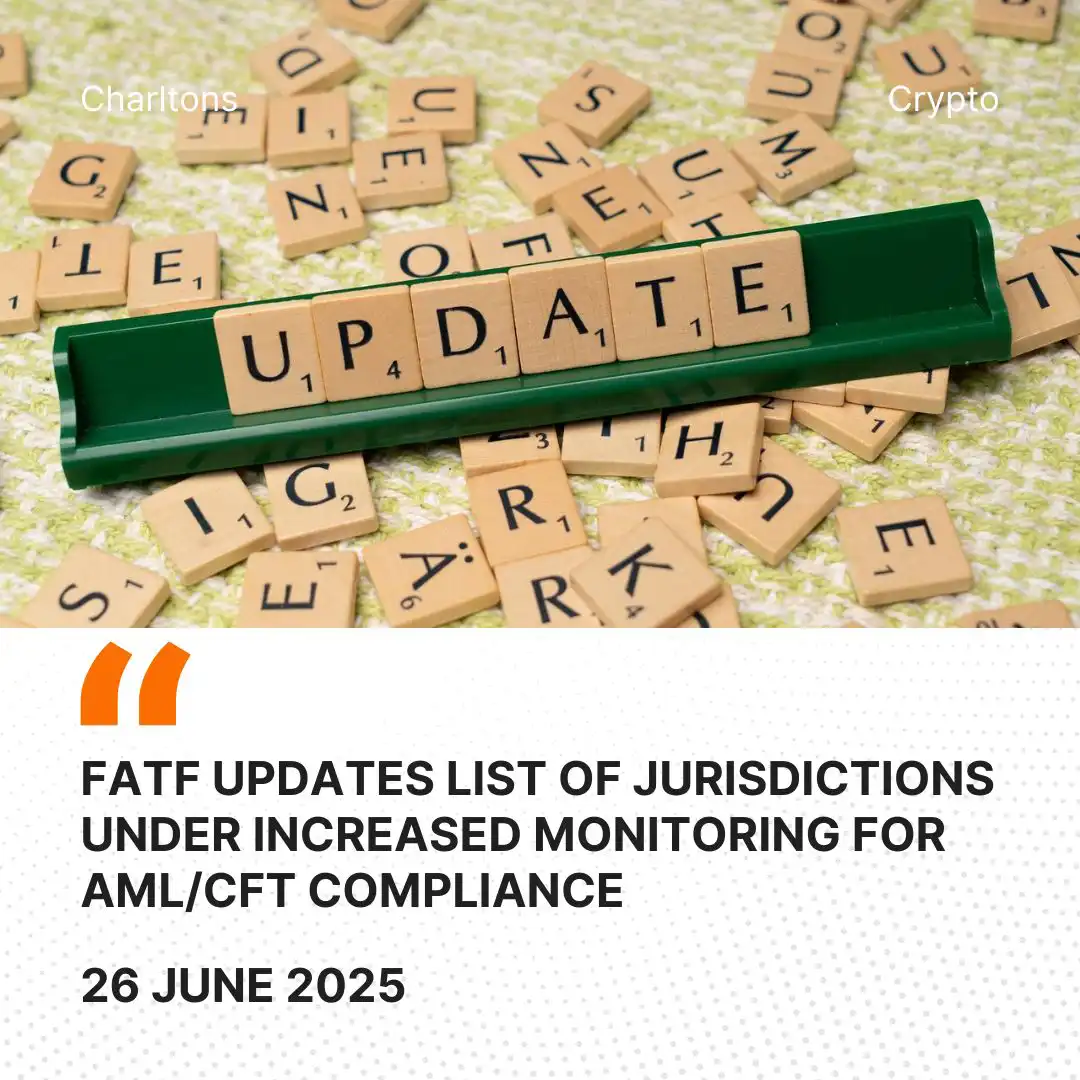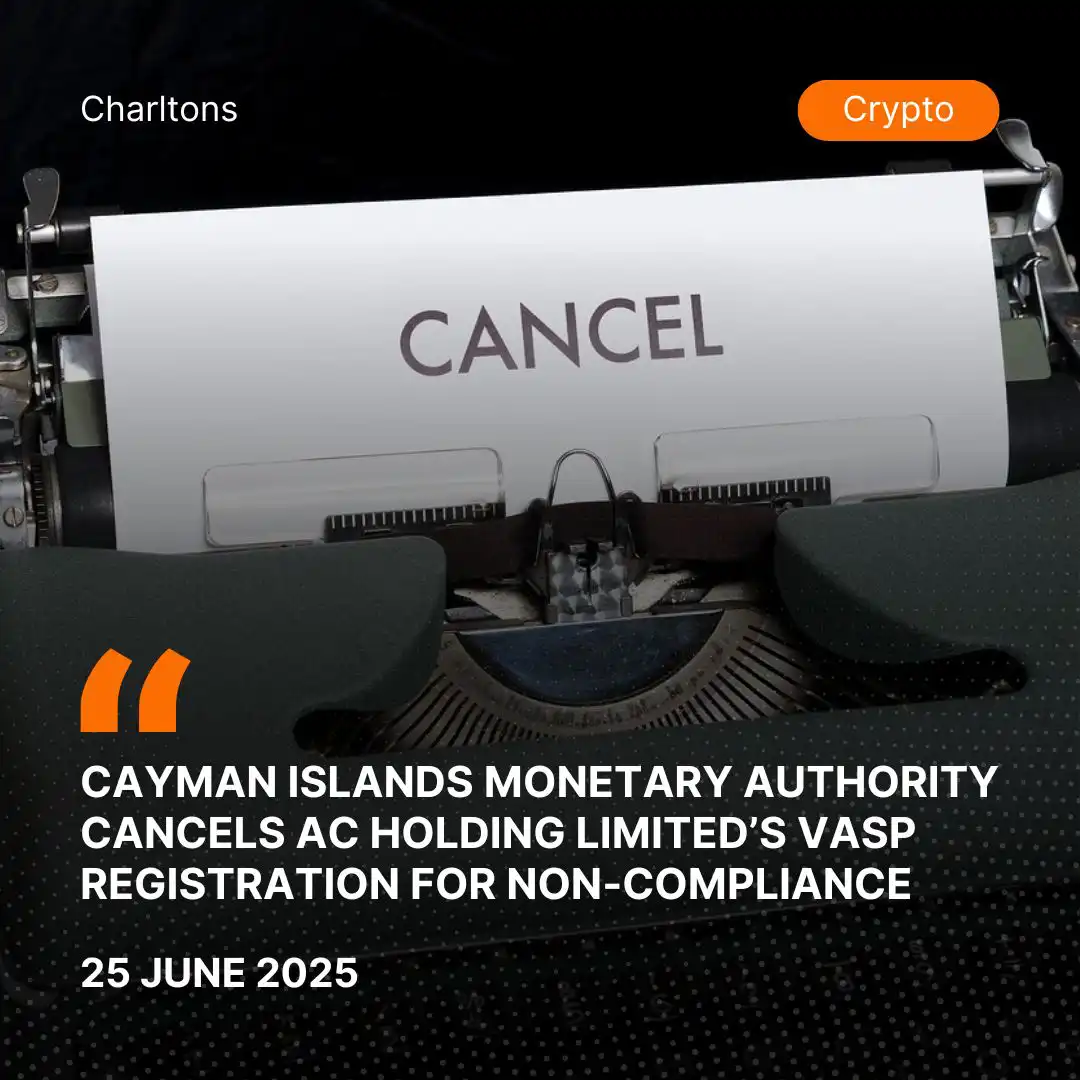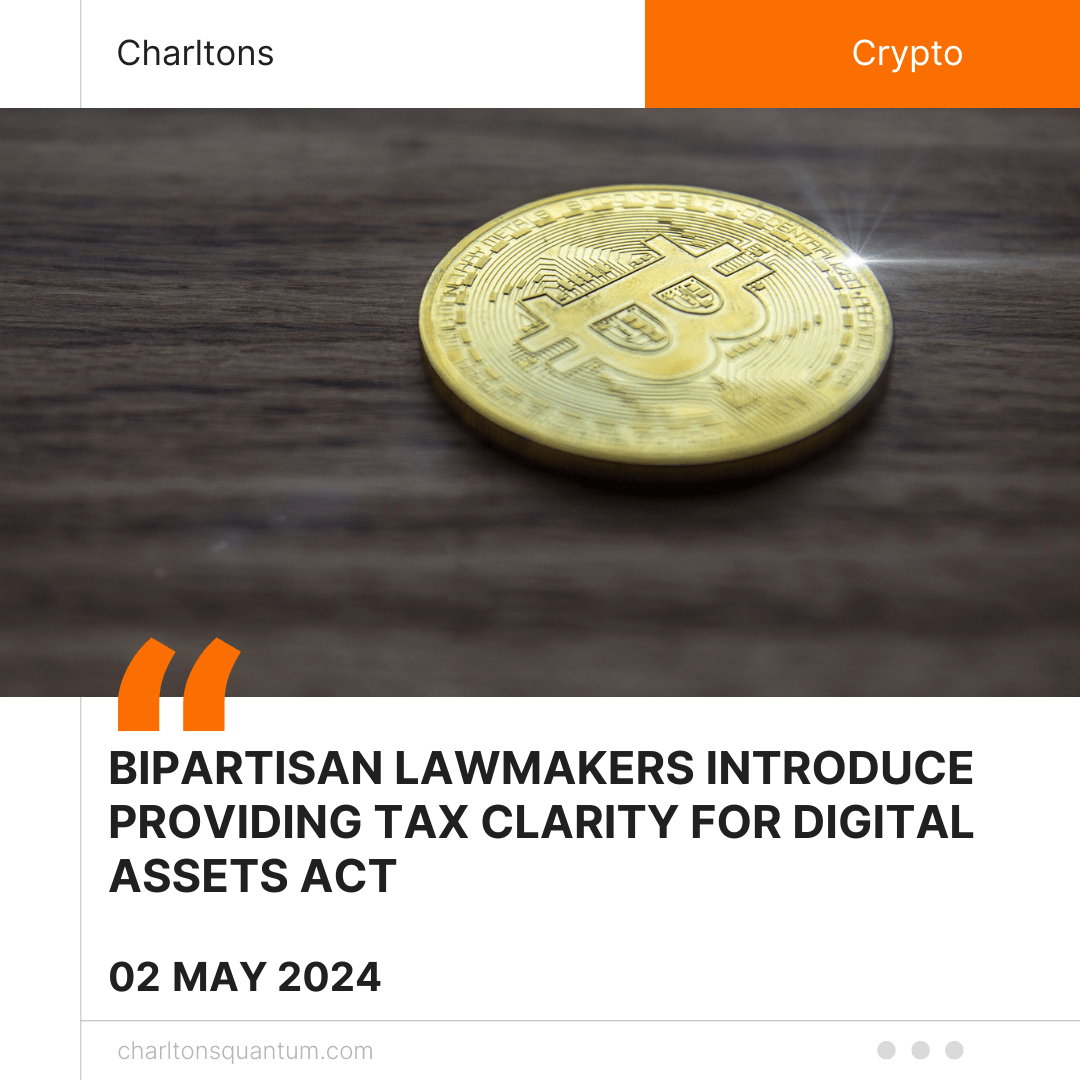
Two U.S. lawmakers, Representatives Drew Ferguson and Wiley Nickel, have proposed the Providing Tax Clarity for Digital Assets Act to address taxation issues concerning block rewards earned by crypto miners. The bill seeks to clarify the tax treatment of staking rewards, suggesting that they should only be taxed at the time of their sale, aiming to prevent double taxation and provide clarity for investors and businesses in the digital asset industry.
Representative Ferguson underscored the complexity of the current tax treatment of digital asset rewards, emphasizing the confusion it creates among investors and the potential for American businesses to relocate overseas due to regulatory uncertainty. The proposed legislation aims to establish clear tax guidelines for block rewards from proof-of-work and proof-of-stake networks, aligning taxation with the sale or spending of these rewards rather than their acquisition.
The move responds to recent IRS rulings and the evolving landscape of digital assets taxation, aiming to offer clarity and fairness in tax treatment. This initiative reflects bipartisan efforts to address regulatory challenges in the digital asset space and foster innovation within the United States, with Sheila Warren, CEO of the Crypto Council for Innovation, endorsing the legislation for providing adequate guidance.
On another legislative front, proposed stablecoin legislation faces uncertainty regarding its attachment to the Federal Aviation Administration’s (FAA) reauthorization bill. Despite efforts by Representatives Maxine Waters and Patrick McHenry, leaders in both the Senate and the House of Representatives are hesitant to merge stablecoin legislation with the FAA bill, traditionally considered a must-pass piece of legislation.
Combining the two bills would be unprecedented in financial services policy, but it’s a tactic often used to garner bipartisan support for less popular legislation. However, Cody Carbone, chief policy officer at the Digital Chamber, expresses skepticism about the likelihood of stablecoin legislation passing before the U.S. presidential election, citing ongoing debates surrounding regulatory oversight and state-level regulation as major hurdles.


